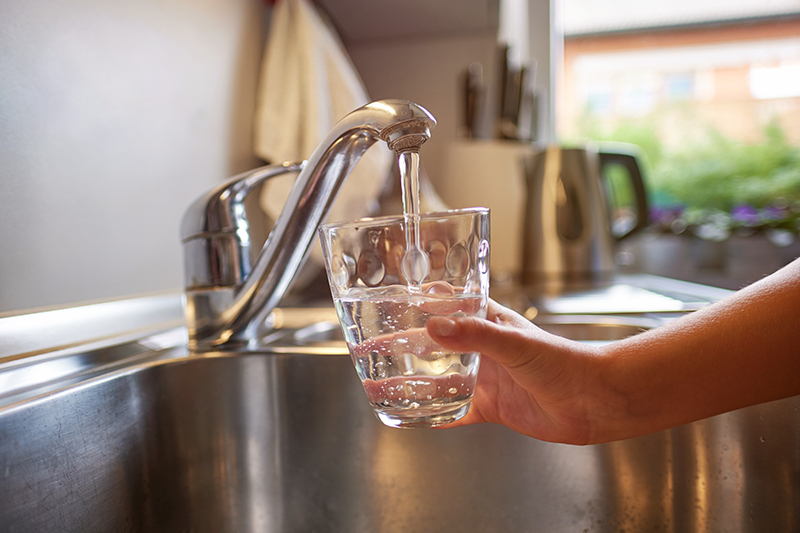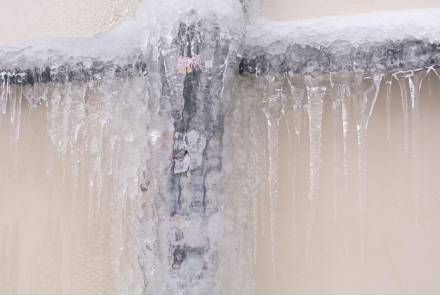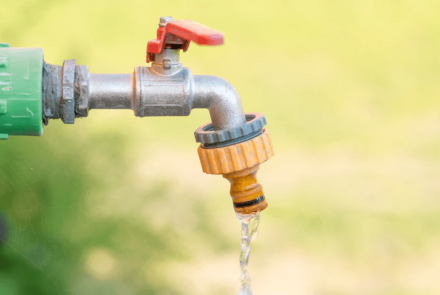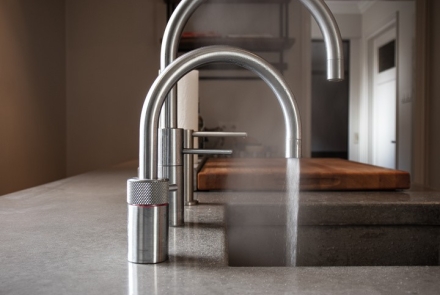Having good water quality in your home ensures the health and safety of your household. But there are several factors that can influence the quality of your tap water. It can affect its taste, smell, and safety. In this blog, we explore the factors that can impact your water quality. We also provide tips to improve and maintain the quality of the water flowing from your faucets.
Importance of an Efficient Plumbing System
Having an efficient plumbing system is crucial for several reasons. A well-maintained plumbing system ensures the delivery of clean water to your taps. This protects you from potential contaminants. Efficient plumbing reduces water wastage through leaks and inefficiencies. This promotes sustainability and reduces utility costs. A functioning plumbing system helps prevent water leaks. It can damage your home's structure and belongings. This preserves the integrity of your property.
Factors That Can Affect Your Water Quality
Several factors can impact the quality of your tap water. Common contaminants include lead, bacteria, chlorine, and pesticides. They can find their way into your water supply through old pipes or poor filtration. High mineral content in water can cause hard water. This can lead to scaling. This affects the taste of water and contributes to plumbing issues like clogs. Corrosion of pipes can introduce metals like lead and copper into your water. This can compromise its quality and pose health risks. Accumulation of sediment, rust, or debris in old or deteriorating pipes can lead to issues. This could include discoloration, odors, and compromised water quality.
Improving Your Water Quality
Enhance the quality of your tap water with these actionable strategies.
- Install a water filtration system. Consider installing a water filtration system at the point of use or at the main water entry point. This helps to remove impurities and contaminants.
- Regular maintenance. Schedule routine inspections and maintenance of your plumbing system. This can detect leaks, corrosion, or other issues that could impact water quality.
- Test your water. Test your water for contaminants and quality parameters. This can identify issues and take appropriate corrective actions.
- Softening systems. Invest in a water softening system if you have hard water issues. It can reduce mineral content and improve the taste and usability of your water.
- Flush your pipes. Flush your pipes to remove sediment and stagnant water. This helps to promote better water flow and quality.
Contact Us
Maintaining high water quality is vital. You have to ensure a healthy and safe living environment for you and your family. It's important to recognize the factors that can affect your water quality. Take proactive measures to improve and maintain your home's water quality. You can enjoy clean, safe, and great-tasting water in your home. Investing in regular maintenance is vital. If you need to test your water quality, contact us. We work to safeguard your water supply and promote the well-being of your household.






